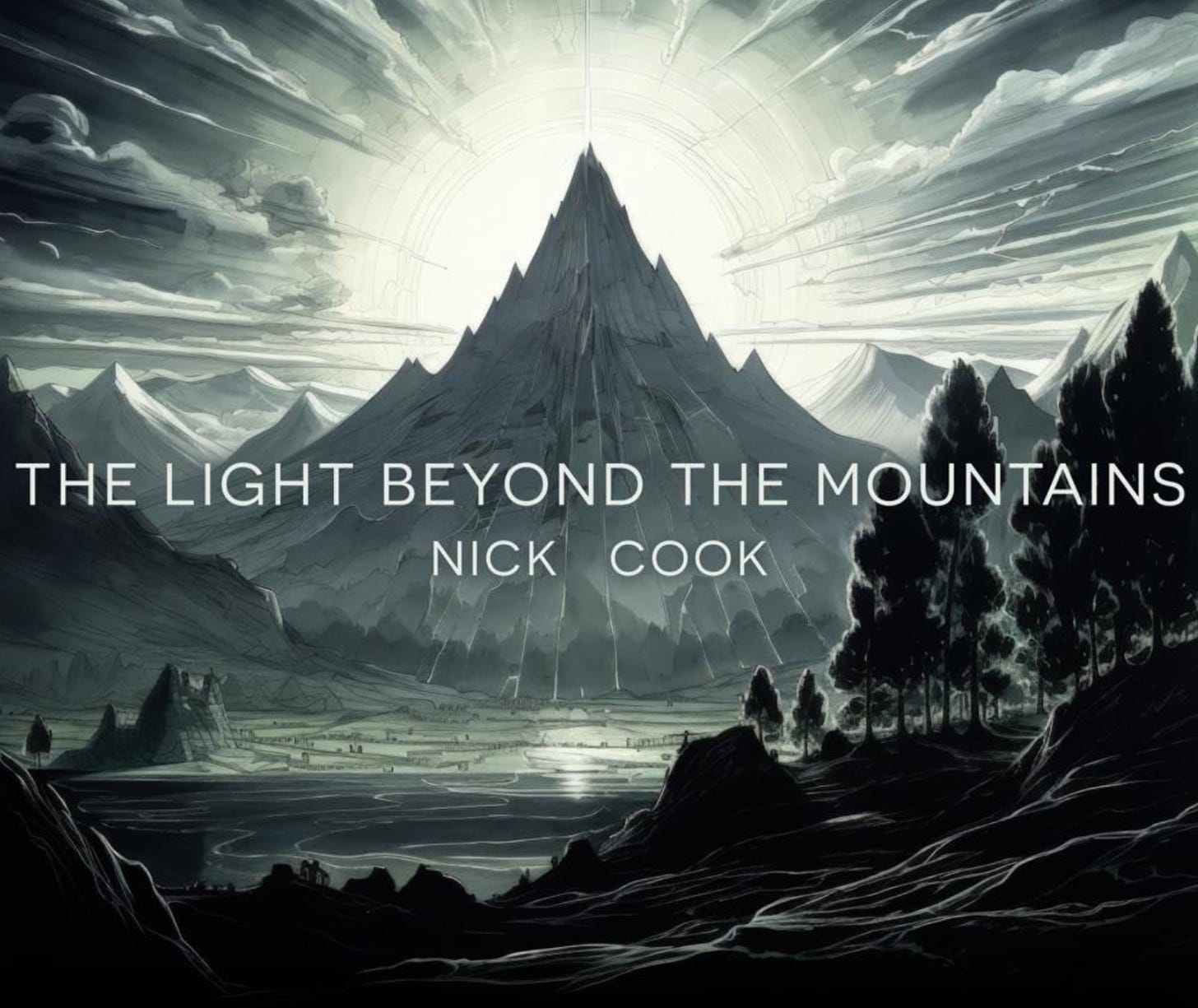(Cover image © Tristan Maduro)
(Note: Per my post last week, this chapter of The Light is an edit of the first part of my BICS essay, containing new information for paid subscribers. It has been drafted - and posted here - to reflect the style of the preceding 14 chapters.)
Chapter 15
A year and a half after my sister and I moved in with our grandparents, our grandmother, Pamela, died unexpectedly. She was 67 and passed away during a routine operation. As small children – I was six, my sister four - we never really absorbed the meaning of her death. One moment she was there, the next she wasn’t. But for my father, the youngest of her five sons, the shock was profound.
My grandmother was American – slender, beautiful, intelligent and articulate – and had, I learned much later, read widely on the paranormal. One story, though fiction, made a lasting impression on her. It was called The Premature Burial by Edgar Allan Poe and revolved around his protagonist’s fear of being buried alive.
The story must have tapped some deep primal fear in her because, years earlier, she had made my father promise he would instruct a doctor to make incisions in her wrists post-mortem to remove any possibility of her waking in her coffin. My father never thought about the conversation until the night of her death, when, at home – that is to say, at my grandparents’ house, while with my grandfather, my sister and me - he awoke in the night sensing that his mother was in the room.
In the next instant, as he described it to me later, he felt her place her hand in his. After the initial shock of it, the first thing that entered his head was the promise he’d made her. A promise he’d never made seriously and had promptly forgotten.
Fortunately, there are laws that prohibit this kind of thing in the UK – laws in the end that removed from him the decision even to discuss it with her doctors.
But from then on, whenever he stayed in the house, things happened.
As I wrote in my BICS essay: To begin with, the signs of Pam’s presence were barely noticeable – during the small hours, clacks of a broom against pieces of furniture were audible in the attic above my father’s bedroom. Sweeping the attic was what she had done during persistent bouts of insomnia, but my father was able to put down what he thought he’d heard to grief and imagination.
Lights turning off and on elicited a similar response.
What neither he nor my grandfather could ignore, however, was the moment when, as they were discussing a part of her will whose interpretation they differed upon, a heavy lamp on the table beside them lifted six inches into the air and rocked from side-to-side, before settling back on to the table with a thump.
For my father, an engineer, there was a corollary to this that transcended the question of whether or not my grandmother’s consciousness had survived death.
What fascinated him was how energy had been transferred to that lamp.
In the approach I took to the essay, I wanted to present the evidence around our consciousness surviving bodily death much as a lawyer would in a court of law.
No-one can definitively prove the premise behind the exam question – of course they can’t.
But it was possible, I felt, to make a case that showed - ‘beyond a reasonable doubt’ - that our consciousness could survive.





